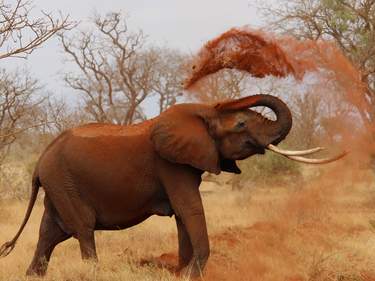- Off the Beaten Track
- Inspiration
- Kenya
Planning your own trip? Prepare for your trip
Use Rough Guides' trusted partners for great rates
Travel advice for Kenya
From travel safety to visa requirements, discover the best tips for visiting Kenya
- Crime and personal safety tips Kenya
- Culture and Etiquette in Kenya
- Eating and drinking in Kenya
- National Parks in Kenya
- Travel Tips Kenya for planning and on the go
- Shopping tips for Kenya
- Entertainment and sport
- How to get to Kenya
- Getting around Kenya: Transportation Tips
- Travel Health Kenya
- Sports and Outdoor activities in Kenya
- Safaris
- Best time to visit Kenya
- 10 days in Kenya — 5 travel itineraries









